Have you ever picked up a book that completely changed the way you see the world? For me, it happened several times, and each time it was a science non-fiction book. These books don’t just fill your mind with facts; they reshape your understanding of life, the universe, and everything in between. Whether you’re a science enthusiast or a casual reader, these ten books will blow your mind and leave you hungry for more.
Cosmos by Carl Sagan
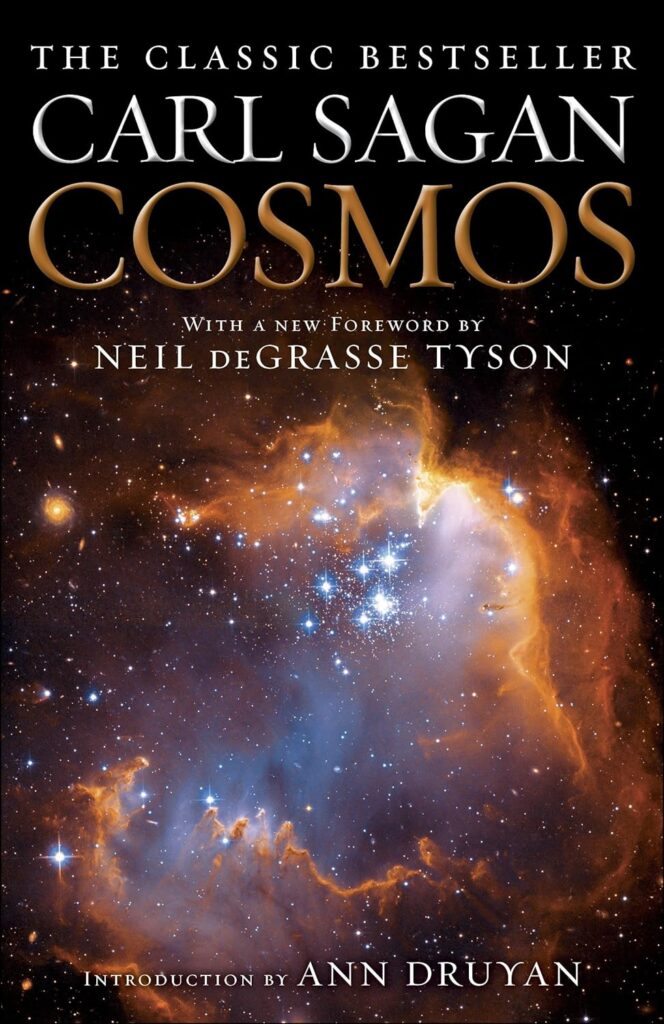
Summary
“Cosmos” is Carl Sagan’s magnum opus, a book that explores the universe and our place within it. Sagan’s poetic prose and profound insights make this book a timeless classic.
Key Points
- Scientific Concepts: Explained in an accessible way.
- Beauty of the Cosmos: Awe-inspiring descriptions of the universe.
- Philosophical Reflections: Sagan’s musings on life and our place in the cosmos.
Why It’s Mind-Blowing
Reading “Cosmos” feels like taking a journey through the stars with a wise and friendly guide. Sagan’s enthusiasm for the subject is infectious, and his ability to make complex topics understandable is remarkable. After finishing this book, I found myself gazing at the night sky with a renewed sense of wonder.
A Brief History of Time by Stephen Hawking
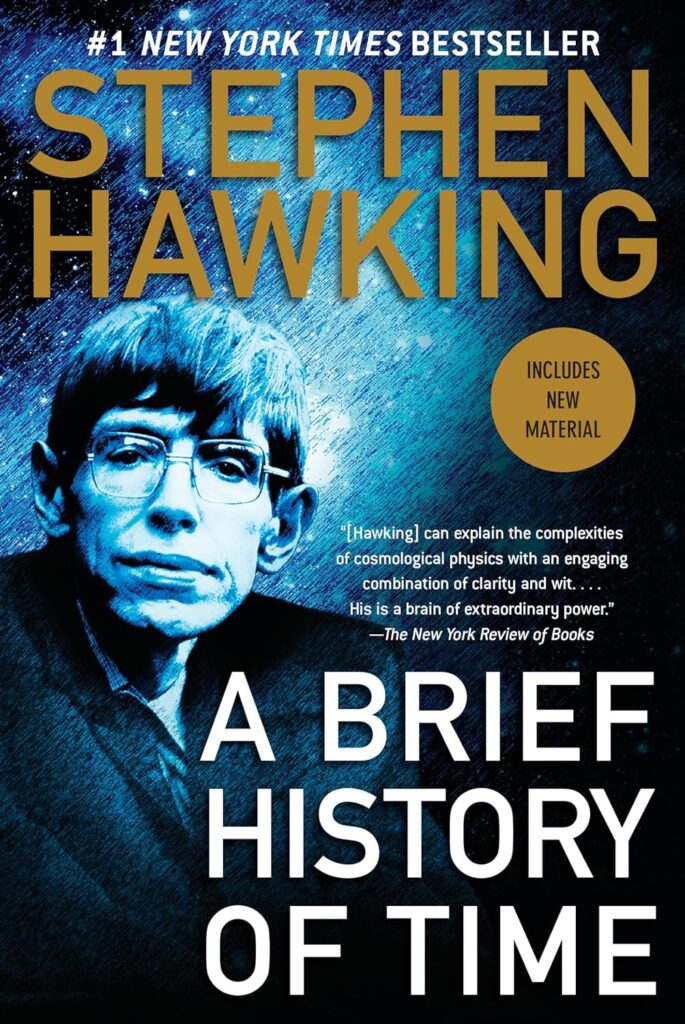
Summary
Stephen Hawking’s “A Brief History of Time” tackles some of the biggest questions in cosmology, from the nature of time to the mysteries of black holes.
Key Points
- Black Holes: What they are and how they work.
- Big Bang Theory: The origin of the universe.
- Time Travel: Theoretical possibilities and implications.
Why It’s Mind-Blowing
I remember feeling both humbled and exhilarated after reading this book. Hawking had a unique talent for making the most complex scientific concepts accessible to lay readers. This book will leave you in awe of the universe and the brilliant minds trying to unravel its secrets.
The Immortal Life of Henrietta Lacks by Rebecca Skloot

Summary
Rebecca Skloot tells the poignant story of Henrietta Lacks, whose cancer cells (known as HeLa cells) have been used in countless scientific breakthroughs.
Key Points
- HeLa Cells: Their role in medical research.
- Ethical Issues: The exploitation of Henrietta Lacks and her family.
- Human Story: The personal impact on Lacks’ descendants.
Why It’s Mind-Blowing
This book is a fascinating blend of science and human interest. Skloot’s meticulous research and compassionate storytelling shine a light on the often-overlooked human side of scientific progress. It’s a powerful reminder that behind every scientific advancement, there are real people with real stories.
The Gene: An Intimate History by Siddhartha Mukherjee
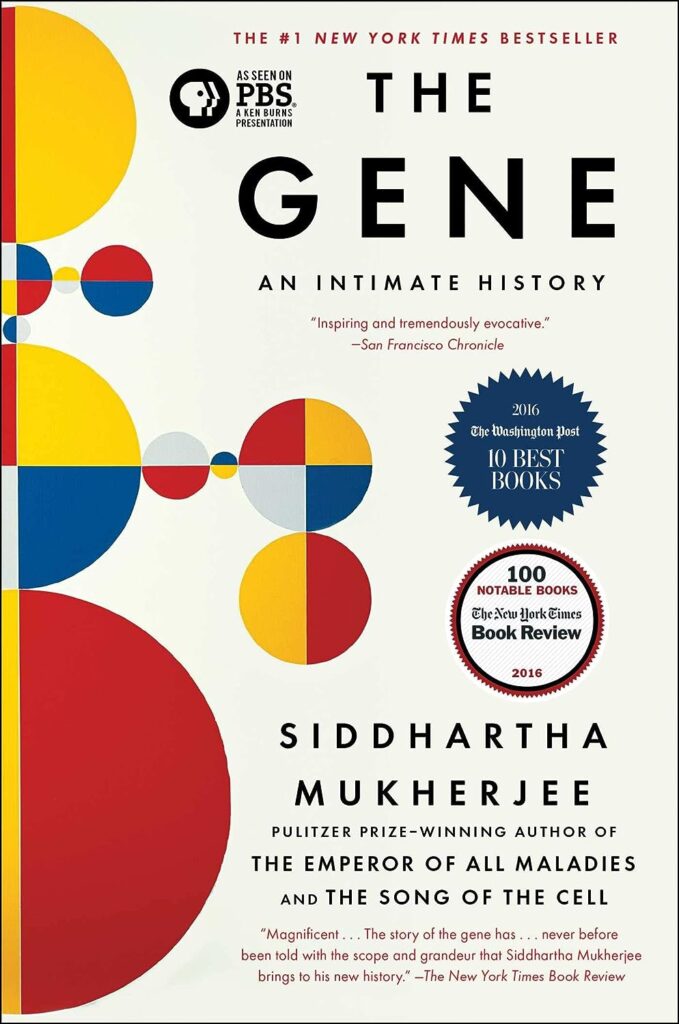
Summary
“The Gene” by Siddhartha Mukherjee is a comprehensive history of genetic research, interwoven with personal stories and ethical discussions.
Key Points
- Genetic Research: Milestones and discoveries.
- Ethical Implications: The moral dilemmas of genetic manipulation.
- Personal Stories: Mukherjee’s own family history with genetic illness.
Why It’s Mind-Blowing
Mukherjee has a gift for making complex science deeply personal and profoundly human. This book not only educates but also engages on an emotional level. It made me appreciate the incredible potential and the serious responsibilities that come with our growing knowledge of genetics.
Astrophysics for People in a Hurry by Neil deGrasse Tyson
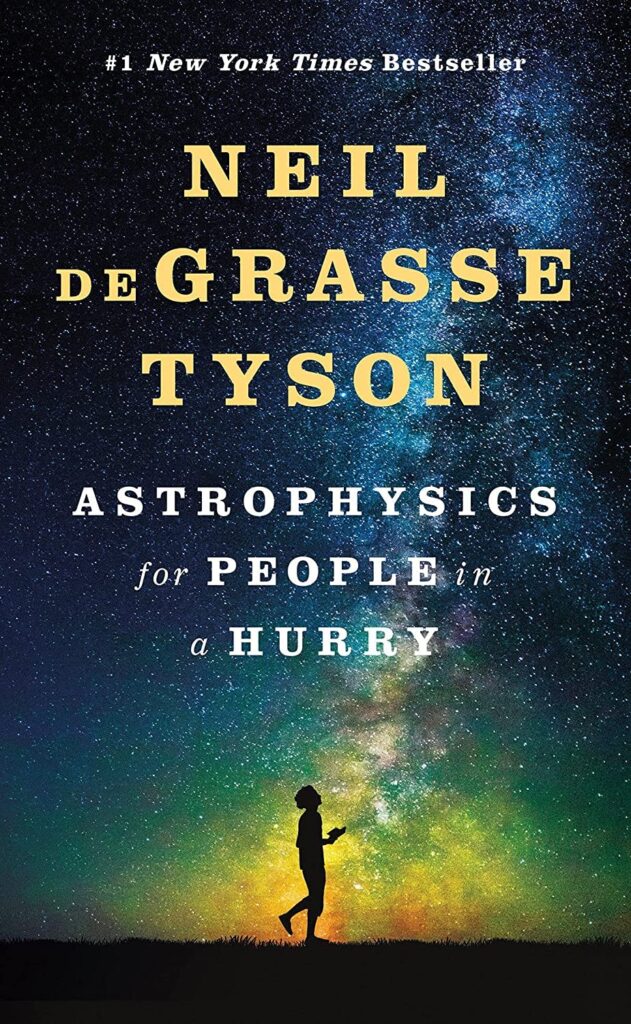
Summary
Neil deGrasse Tyson’s “Astrophysics for People in a Hurry” is a concise yet thorough introduction to the key concepts of astrophysics.
Key Points
- Astrophysics Basics: Fundamental concepts explained simply.
- Universe’s Mysteries: Insights into dark matter, dark energy, and more.
- Accessible Language: Written for readers without a scientific background.
Why It’s Mind-Blowing
This book is perfect for anyone who wants to understand the universe without getting bogged down in technical details. Tyson’s witty and approachable style makes complex ideas easy to grasp. It’s a quick read that packs a punch, leaving you with a greater appreciation for the cosmos.
The Emperor of All Maladies: A Biography of Cancer by Siddhartha Mukherjee
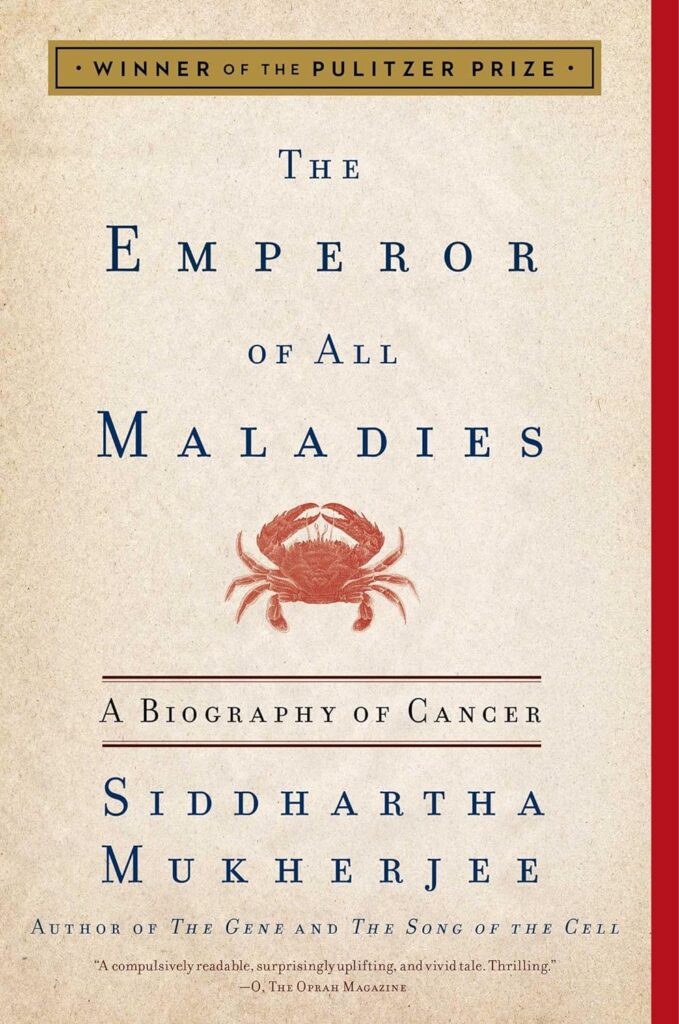
Summary
In “The Emperor of All Maladies,” Siddhartha Mukherjee offers a comprehensive history of cancer, detailing its impact on humanity and the ongoing fight against it.
Key Points
- History of Cancer: From ancient times to modern medicine.
- Medical Breakthroughs: Key discoveries and treatments.
- Personal Stories: Patients’ experiences and struggles.
Why It’s Mind-Blowing
This book is both informative and deeply moving. Mukherjee’s narrative style makes the science accessible while also honoring the personal stories of those affected by cancer. It’s an eye-opening look at one of humanity’s most challenging diseases and the relentless efforts to understand and conquer it.
The Structure of Scientific Revolutions by Thomas S. Kuhn
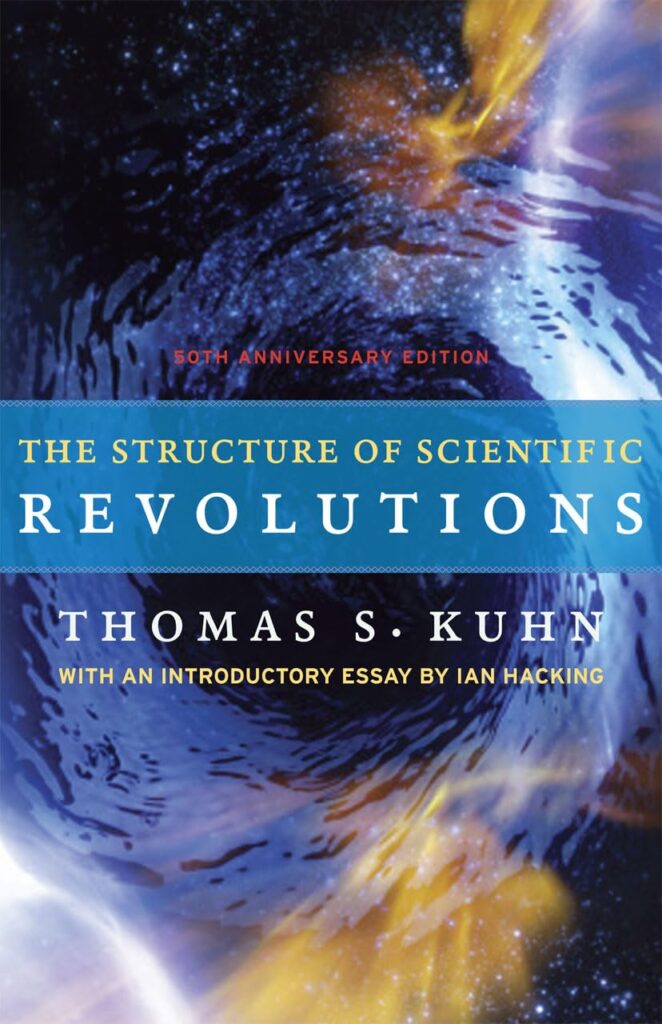
Summary
Thomas S. Kuhn’s “The Structure of Scientific Revolutions” explores how scientific paradigms shift and evolve over time.
Key Points
- Paradigm Shifts: How major changes in scientific thought occur.
- Nature of Scientific Progress: The non-linear path of discovery.
- Case Studies: Historical examples of paradigm shifts.
Why It’s Mind-Blowing
This book challenges the traditional view of scientific progress as a steady, cumulative process. Kuhn’s insights into how scientific revolutions occur will change the way you think about science and its development. It’s a thought-provoking read that has influenced countless scholars and scientists.
Homo Deus: A Brief History of Tomorrow by Yuval Noah Harari
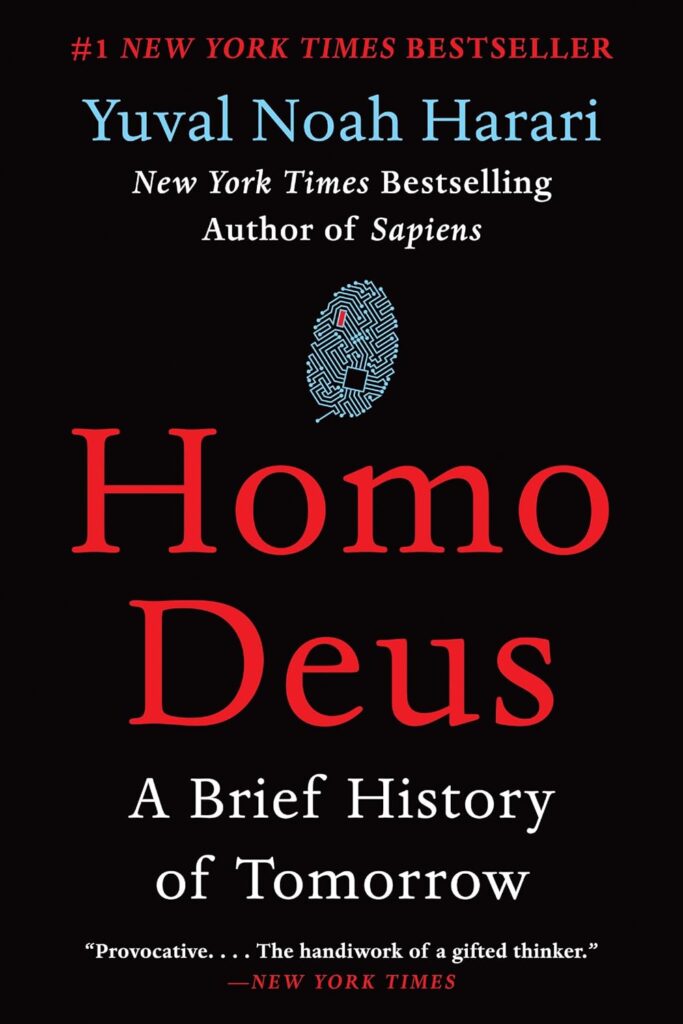
Summary
In “Homo Deus,” Yuval Noah Harari examines the future of humanity, exploring how technology and artificial intelligence might shape our evolution.
Key Points
- Future Challenges: AI, biotechnology, and beyond.
- Human Evolution: Potential paths for our species.
- Ethical Considerations: The moral implications of advanced technology.
Why It’s Mind-Blowing
This book offers a fascinating and sometimes unsettling look at the future. Harari’s speculative insights are grounded in current trends and technologies, making his predictions all the more compelling. It’s a book that will leave you pondering the future of humanity long after you’ve turned the last page.
The Code Book: The Science of Secrecy from Ancient Egypt to Quantum Cryptography by Simon Singh
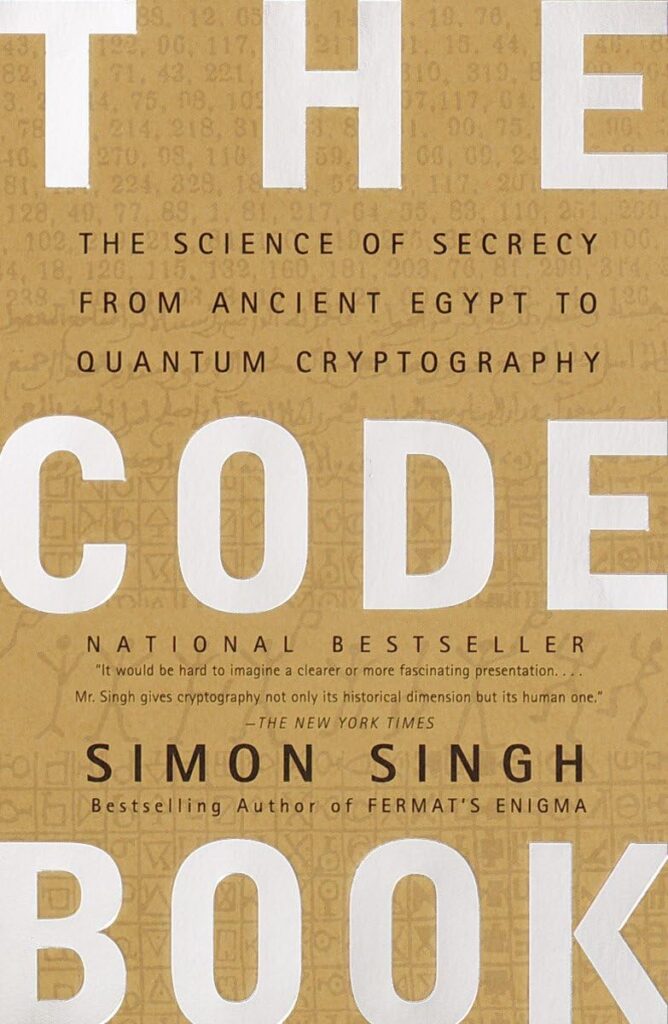
Summary
Simon Singh’s “The Code Book” delves into the history and science of cryptography, from ancient ciphers to modern-day encryption techniques.
Key Points
- History of Cryptography: Evolution of codes and ciphers.
- Famous Codes: Stories of famous ciphers and codebreakers.
- Modern Cryptography: The role of cryptography in today’s digital world.
Why It’s Mind-Blowing
This book is a thrilling ride through the world of secret codes and their breakers. Singh’s storytelling prowess brings the history of cryptography to life, making it both educational and highly entertaining. You’ll find yourself engrossed in the tales of espionage and intellectual battles that have shaped the field of cryptography.
Why We Sleep: Unlocking the Power of Sleep and Dreams by Matthew Walker
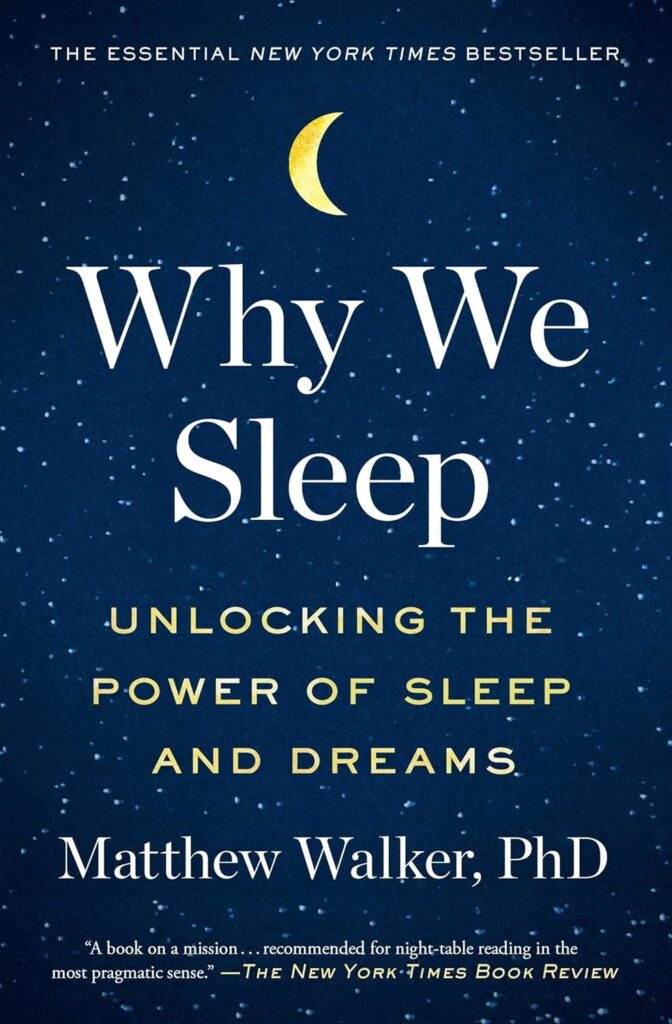
Summary
In “Why We Sleep,” neuroscientist Matthew Walker explores the vital importance of sleep and its impact on our health and well-being.
Key Points
- Sleep Science: The biological mechanisms behind sleep.
- Health Implications: How sleep affects our physical and mental health.
- Practical Tips: Advice for improving sleep quality.
Why It’s Mind-Blowing
This book fundamentally changed the way I view sleep. Walker’s research highlights the profound effects of sleep on every aspect of our lives, from memory to immunity. The practical advice and scientific insights make it a must-read for anyone looking to improve their health and well-being through better sleep.
Conclusion
These ten science non-fiction books are not just educational; they are transformative. Each one offers a unique perspective on the world, from the vastness of the cosmos to the intricacies of human genes. Whether you’re a seasoned science enthusiast or just starting to explore the genre, these books will expand your mind and ignite your curiosity.
So, grab a cup of coffee, find a cozy spot, and dive into these mind-blowing reads. You won’t be disappointed!
